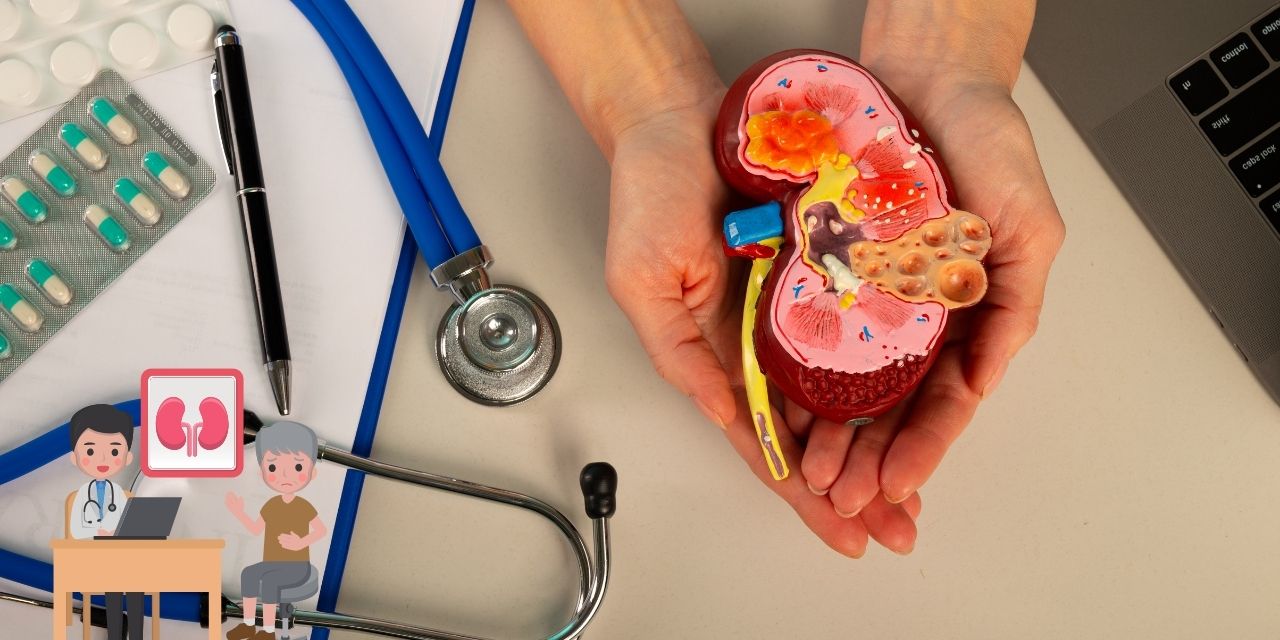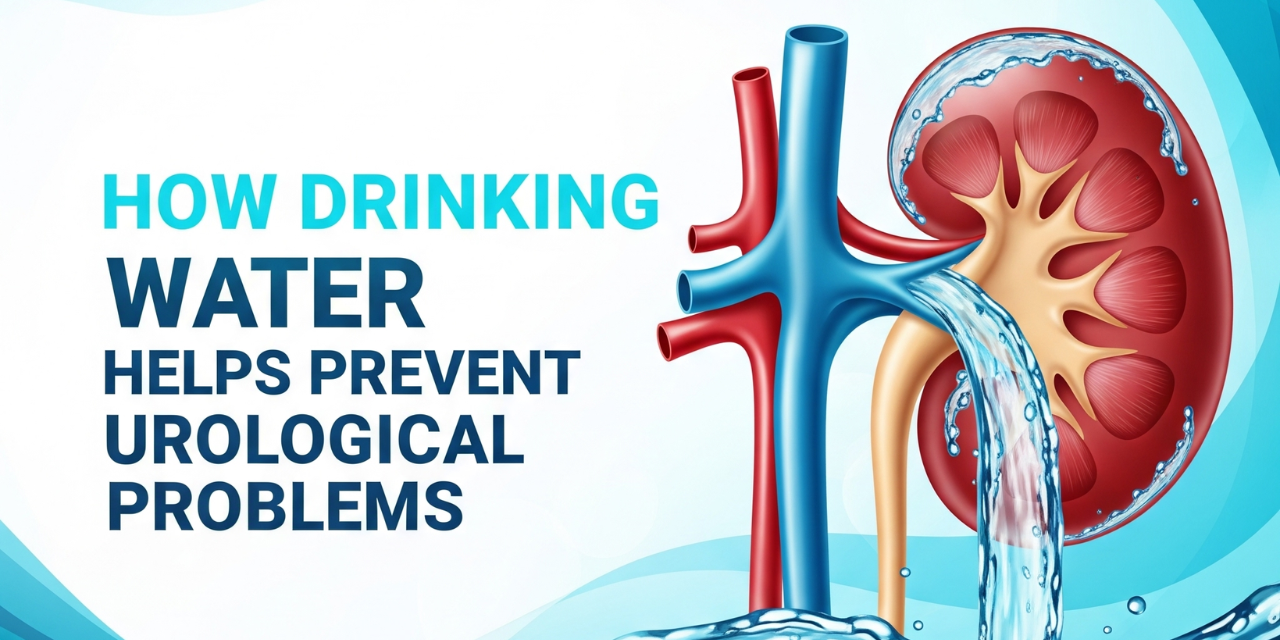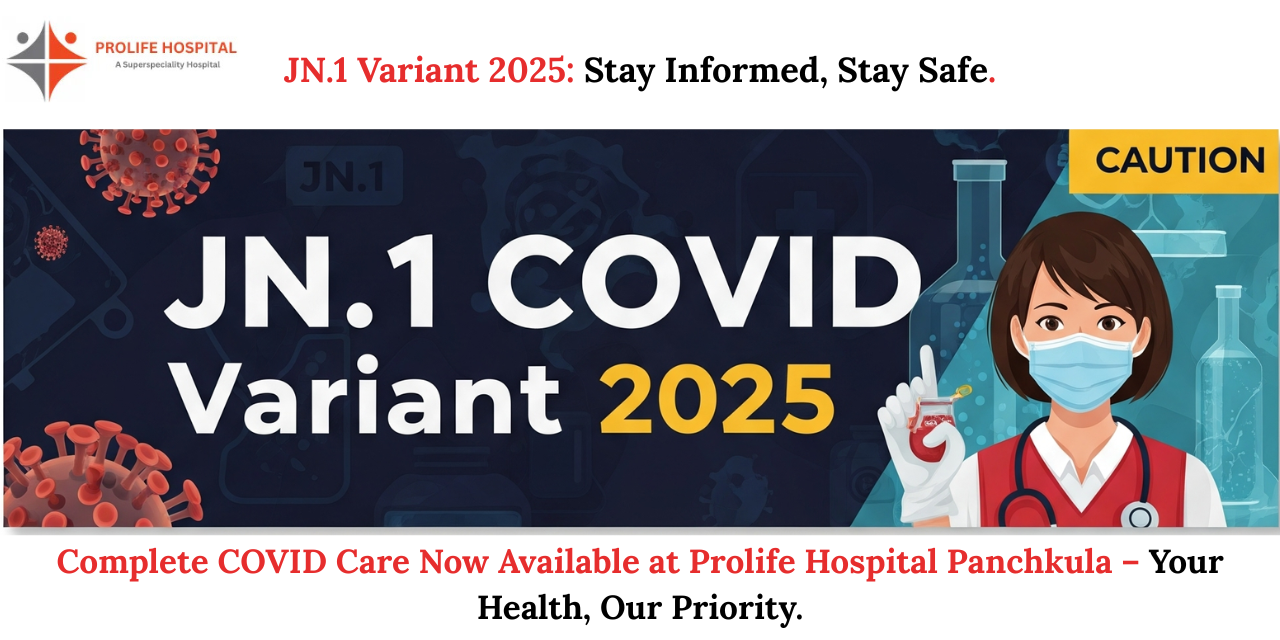Kidney disease is a growing health concern affecting millions worldwide. The kidneys, vital for filtering waste and excess fluids from the blood, can become compromised due to conditions like chronic kidney disease (CKD), diabetes, or hypertension. Managing kidney disease effectively requires more than just medical treatments; diet plays a significant role in maintaining kidney function and slowing the progression of the disease. In this article, we’ll explore how diet impacts kidney health and provide dietary recommendations to help manage kidney disease effectively.
The Importance of Diet in Kidney Disease Management
Diet plays a critical role in maintaining overall health, and this is especially true for individuals with kidney disease. When the kidneys are not functioning optimally, the body cannot filter waste and toxins efficiently. A carefully structured diet can help reduce the workload on the kidneys, prevent further damage, and improve overall quality of life.
For people with kidney disease, managing nutrient intake is essential, as certain nutrients like sodium, potassium, phosphorus, and protein can either exacerbate or relieve the strain on the kidneys.
Key Dietary Guidelines for Managing Kidney Disease
Here are some essential dietary guidelines to consider when managing kidney disease:
1. Limit Sodium Intake
Excess sodium (salt) in the diet can lead to high blood pressure and fluid retention, further straining the kidneys. Reducing sodium intake helps control blood pressure and reduces the risk of swelling and shortness of breath, both of which are common in advanced kidney disease.
Recommendations:
- Avoid adding extra salt to food and cooking.
- Choose low-sodium options when purchasing packaged foods.
- Avoid processed and canned foods as they tend to have high sodium levels.
2. Control Protein Consumption
While protein is essential for body function, excessive protein intake can cause the kidneys to work harder, as they must filter out protein waste products. For those with kidney disease, it is crucial to strike a balance between consuming enough protein to maintain muscle and body function without overloading the kidneys.
Recommendations:
- Opt for high-quality proteins like fish, eggs, poultry, and plant-based sources.
- Work with a healthcare provider or nutritionist to determine the appropriate amount of protein based on the severity of kidney disease.
3. Limit Potassium-Rich Foods
Potassium is essential for muscle function, but when kidney function is impaired, the body may struggle to maintain the right balance of potassium. High potassium levels can lead to dangerous heart conditions, so limiting potassium intake is vital for individuals with kidney disease.
Recommendations:
- Limit high-potassium foods such as bananas, potatoes, oranges, tomatoes, and spinach.
- Choose lower-potassium options like apples, berries, and cauliflower.
4. Monitor Phosphorus Levels
Phosphorus is another mineral that becomes difficult for the kidneys to filter in individuals with CKD. High phosphorus levels can lead to weak bones and an increased risk of cardiovascular disease. Reducing phosphorus intake is crucial for managing kidney disease.
Recommendations:
- Avoid processed foods, which often contain phosphorus additives.
- Limit foods naturally high in phosphorus, including dairy products, nuts, seeds, and whole grains.
5. Stay Hydrated, But Don’t Overdo It
While staying hydrated is essential for kidney health, individuals with kidney disease need to be mindful of fluid intake. Too much fluid can cause swelling, high blood pressure, and shortness of breath in people with compromised kidney function.
Recommendations:
- Work with your doctor or dietitian to determine the appropriate fluid intake for your specific condition.
- Limit high-water-content foods like soups, melons, and cucumbers if your fluid intake is restricted.
Specialised Diets for Kidney Disease
For individuals with advanced kidney disease or those undergoing dialysis, more specialized diets may be necessary to manage their condition effectively. The most commonly recommended diet is the Renal Diet, which focuses on limiting sodium, potassium, and phosphorus while ensuring an adequate intake of calories and nutrients.
Additionally, a Mediterranean Diet rich in fruits, vegetables, healthy fats, and lean proteins may benefit individuals with mild to moderate kidney disease. This diet has been associated with improved cardiovascular health, which is particularly important for kidney patients, as heart disease is a common complication of CKD.
Role of Doctors in Dietary Management for Kidney Disease
Healthcare professionals, particularly nephrologists and dietitians, play a vital role in developing personalised dietary plans for kidney disease patients. By offering dietary consultations and meal planning services, doctors can help patients make informed food choices to protect their kidney health. Regular follow-ups to adjust the diet as the disease progresses are crucial for preventing complications and improving patient outcomes.
For doctors looking to expand their services, providing dietary advice and meal planning can be an excellent way to attract patients who need more than just medical treatment for their kidney disease. Many patients struggle with managing their diet independently, and expert guidance can make a significant difference in their quality of life.
Foods to Include in a Kidney-Friendly Diet
Some foods are particularly beneficial for individuals with kidney disease due to their low sodium, potassium, and phosphorus content. Incorporating these foods can help patients manage their condition more effectively. Some examples include:
- Apples
- Blueberries
- Cabbage
- Cauliflower
- Egg whites
- Garlic
- Olive oil
- Red bell peppers
These foods provide essential vitamins and minerals without overloading the kidneys.
Conclusion
Managing kidney disease requires a multi-faceted approach, and diet is a critical component of that strategy. By adhering to dietary guidelines that reduce the strain on the kidneys, individuals with kidney disease can slow the progression of the disease, improve their quality of life, and reduce the risk of complications. For patients and doctors alike, dietary management is a key factor in achieving better health outcomes.
At Raffels Hospital Panchkula, we specialise in comprehensive kidney care, offering a range of services including dietary consultations for patients with kidney disease. Our team of experts can help you create personalised meal plans tailored to your specific condition, ensuring the best possible management of your kidney health. If you’re looking for a leading kidney treatment hospital in Panchkula, Raffels Hospital is here to provide expert care and guidance every step of the way. To get more information please contact us on: +919356728000













